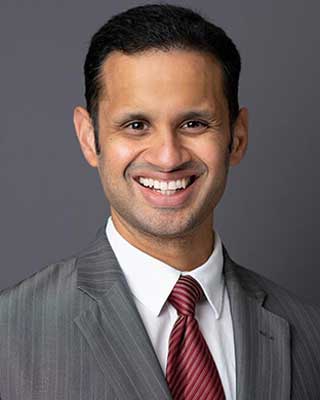With our wide range of diagnostic and treatment options, we are able to provide comprehensive care for a variety of simple eye problems to more complicated ophthalmic conditions, including but not limited to the following:
Astigmatism
Astigmatism is an eye condition that occurs when the eye’s surface, or cornea, is irregularly shaped, resulting in blurred vision. Common symptoms include difficulty reading, headaches, and eyestrain.
To treat astigmatism, we offer various options, such as corrective lenses, LASIK surgery, and refractive lens exchange.
Cataract
Cataracts occur when the eye’s lens becomes cloudy, resulting in blurred vision. Common symptoms include sensitivity to light, difficulty seeing at night, halos around bright lights, and vision changes.
We offer cataract surgery to restore clear vision and prevent further vision loss. Cataract surgery involves the replacement of the eye’s natural lens with an artificial intraocular lens (IOL).
Diabetic retinopathy
Diabetic retinopathy is a complication of diabetes that can ultimately lead to blindness. Early symptoms include blurred vision, difficulty seeing at night, and floaters.
Treatment for diabetic retinopathy includes laser surgery, anti-VEGF injections, and vitrectomy.
Glaucoma
Glaucoma is a group of eye diseases that can cause gradual vision loss due to damage to the optic nerve. Early symptoms include eye pain, redness, and vision changes.
We offer a variety of treatments for glaucoma, including eye drops, laser surgery, and microsurgery.
Macular degeneration
Age-related macular degeneration is an eye condition that occurs when the macula, a part of the retina, deteriorates, causing blurred vision and difficulty seeing details.
To treat macular degeneration, we offer different modalities of treatment, such as vitamins and dietary supplements, laser surgery, and anti-VEGF injections.
Uveitis
Uveitis is an umbrella term for many types of eye inflammation. Common symptoms include redness, pain, and vision changes.
We provide different treatment options depending on the type and cause of uveitis, including topical corticosteroid eye drops, oral medications, anti-VEGF injections, and photodynamic therapy.
LASIK Self-Test
Cataract Self-Test
Our practice is committed to providing our patients with the latest in ophthalmic care. We use state-of-the-art technology, research-based treatments, and advanced surgical techniques to ensure that our patient care is of the highest quality.
iDesign LASIK Refractive Studio
Our practice is proud to be the first in Fort Worth, Texas, to offer iDesign LASIK technology. This advanced system captures a high-resolution map of each eye to provide a customized laser treatment plan.
IOL Technology
We are one of the few practices in Texas that offer advanced intraocular lenses (IOLs) for cataract surgery. Our IOLs are designed to provide optimal vision and reduce the need for glasses or contact lenses after surgery.
Glaucoma Clinical Trials
Our doctors collaborate with pharmaceutical companies to test the safety and effectiveness of new medications and procedures for treating glaucoma. Some of our latest and ongoing research studies include Glaukos iStent Inject and Supra, and InnFocus MicroShunt.
Therapeutic Optometry
Our practice offers a holistic approach to eye care, with a focus on prevention and patient education. We provide complete vision examinations to detect any changes in vision and develop a personalized treatment plan to maintain overall eye health.
Book An Appointment















